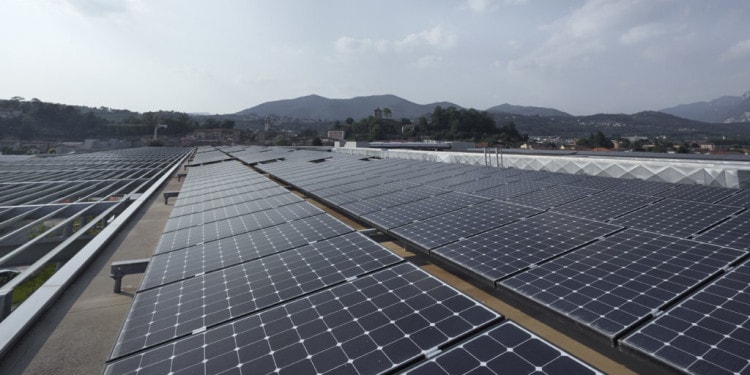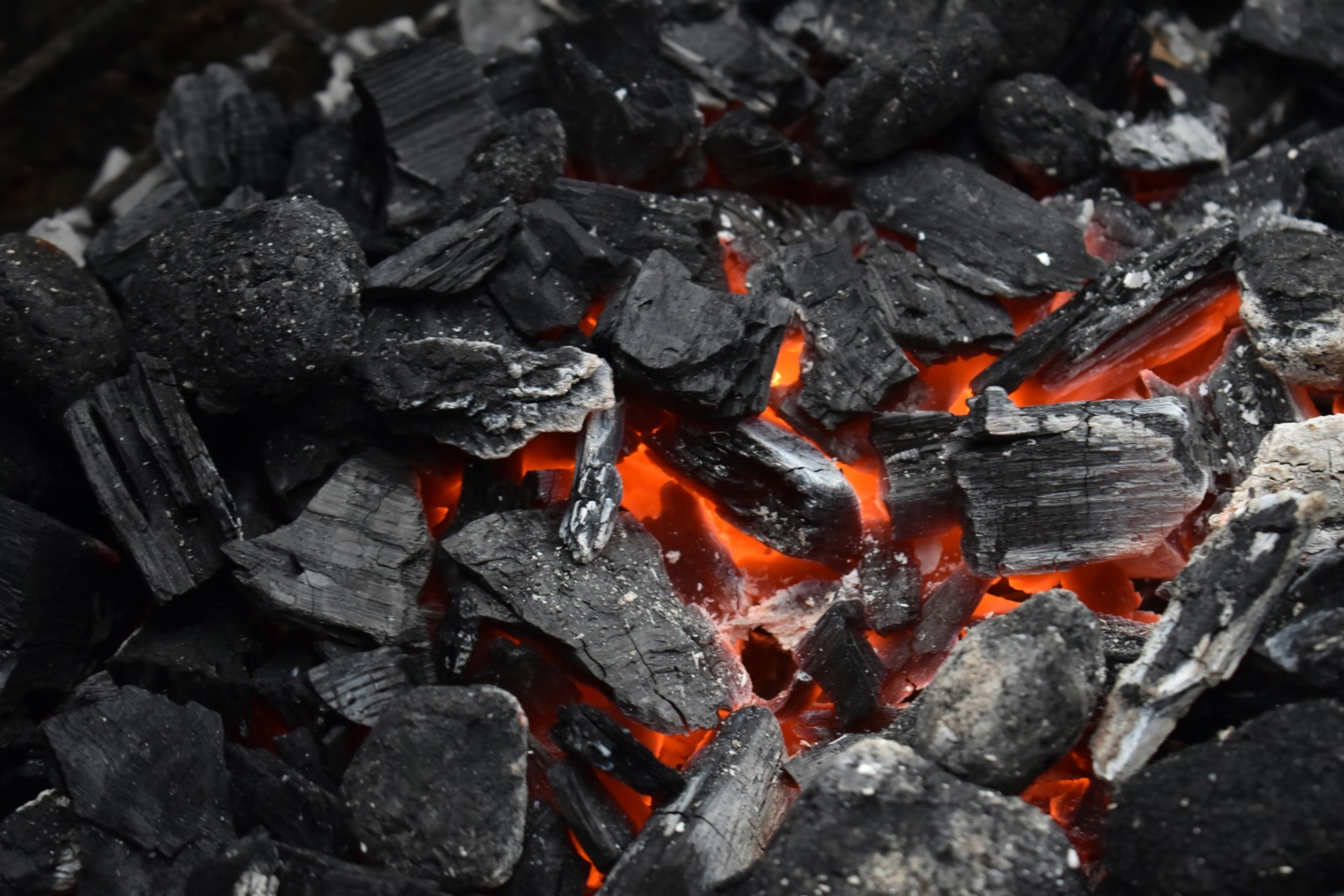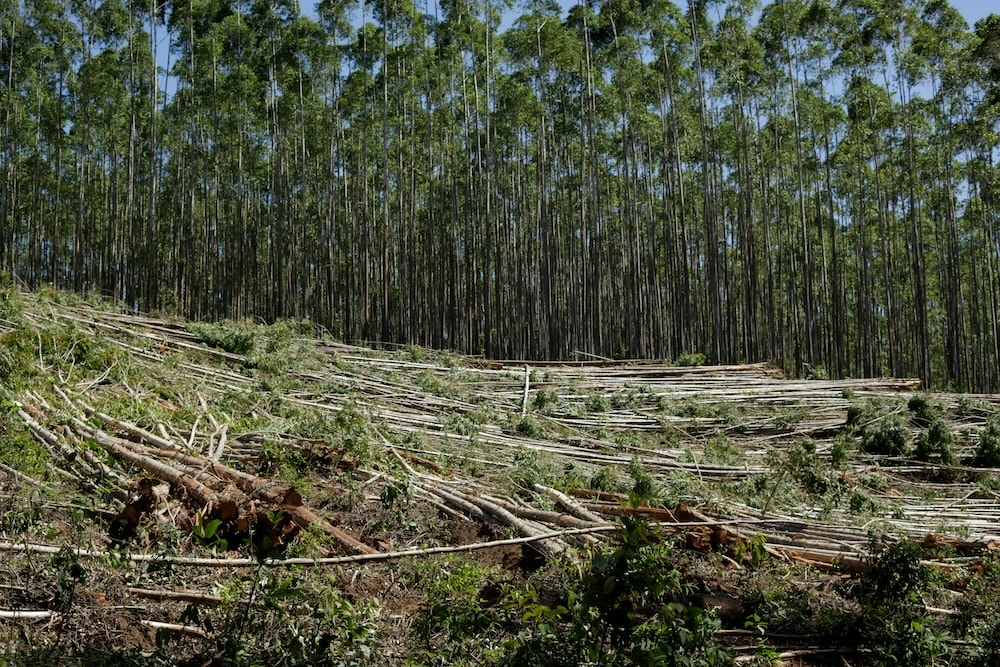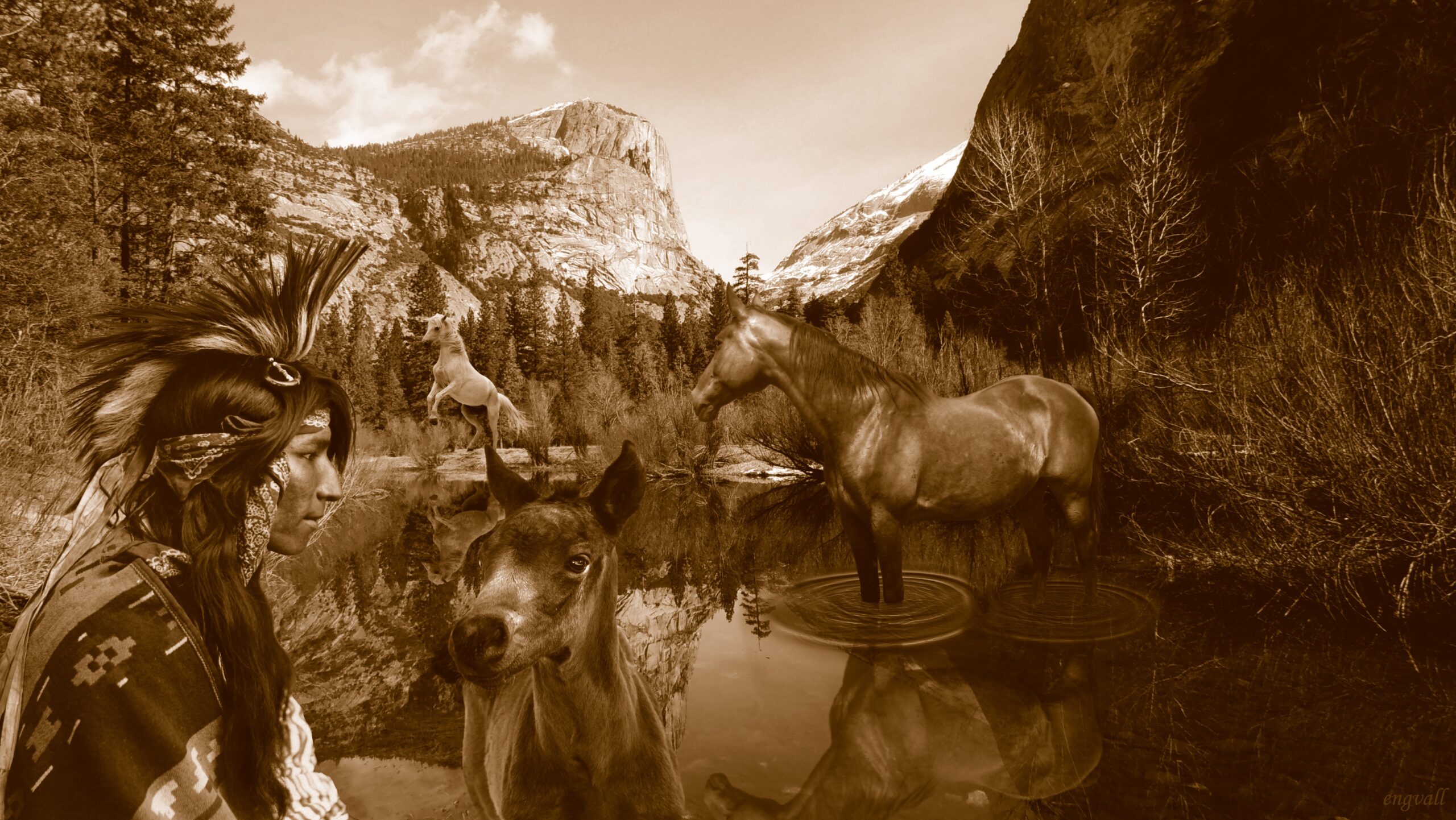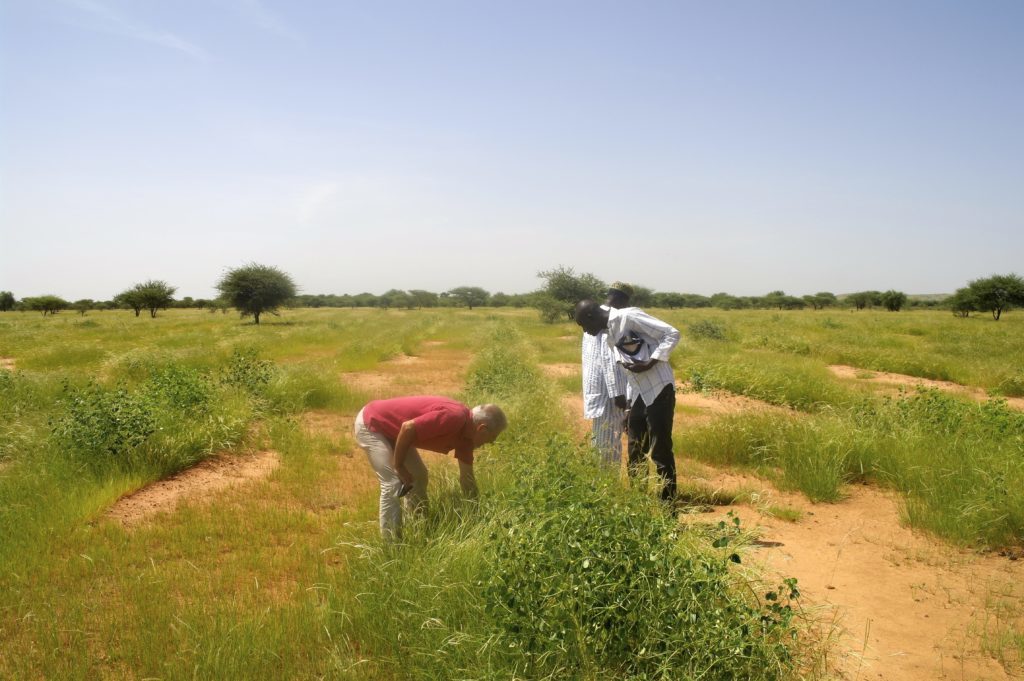VF Corporation is a global lifestyle and clothing corporation whose subsidiaries include top brands such as North Face, Lee, Vans, Timberland, and many others. Having its roots in the promotion of sustainable lifestyle practices via its various brands, and with a desire to improve the lives of people and the planet on which we live, VF Corporation launched its new and improved sustainability strategy last December.
To learn more about this new strategy and how such a large corporation manages matters of sustainability, we spoke to Anna Maria Rugarli, Sustainability & Responsibility Senior Director EMEA for VF Corporation.
VF Corporation has always shown to be very interested in sustainability. Recently, you launched an all-new strategy. Could you tell us a bit about it?
Anna Maria Rugarli: We launched a new sustainability strategy called “Made for Change” in December 2017. It is, essentially, the strategy that is going to take us to the future. As we were developing it, we looked for ways to make sure we would stay relevant to our consumers and to integrate it as best as we could with our business strategy. We also involved our senior leadership team to make sure every decision and every step we took was supported by them; we did not want it to be only “our” sustainability strategy but it should also involve all the Corporation – the brands we have in our portfolio, our business functions and, of course, our employees.
There are three main pillars of this strategy: the first is a Circular Business Model. Circularity is more than just a popular buzzword. We are taking it very seriously. Our commitment is to look at our current linear model and start thinking about ways to transform this into a circular business model. In some ways we are already doing it; for instance, we have started to train our designers to think about products in a completely different way to make them more sustainable.
The second pillar of the strategy is called Scale for Good and it is about leveraging the skills of the people working at VF. We are a large player in the industry and we want to use the skills inside the Corporation for the benefit of the industry and for all society. Through them we could have a great impact on sustainability. We have identified some key areas where we could have an impact: climate change, materials’ selection, and workers’ well-being.
The third pillar of the strategy is Movement Makers and it is about turning VF Corporation into a company at the forefront of global issues. We want to tackle global environmental issues and address them collaboratively with external stakeholders including consumers, NGOs and partners, among others.
These three pillars are an important evolution of our previous strategy. We began our formal work in the area of sustainability seven years ago, and we are now building this impactful structure internally as we seek to have further positive impact.
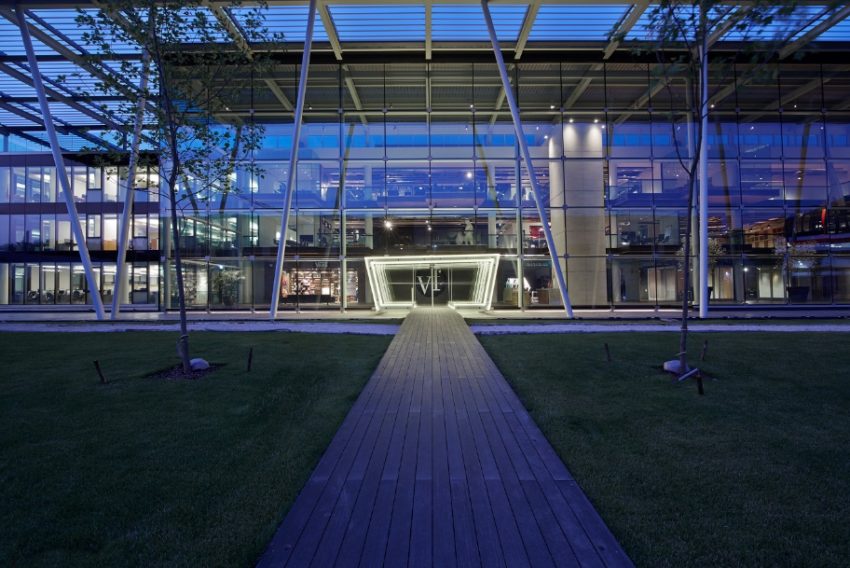
In the Photo: VF Corporation European Headquarter in Stabio, Switzerland. Photo Credit: VF Corporation
Is it difficult to raise awareness about sustainability with your customers? How do you make your actions visible?
AMR: To raise awareness externally we realized we needed to become more engaged in industry events, speaking at conferences and informing our partners of the work we’re doing in the sustainability space.
If you look at some of the programs our brands are developing, you can understand how seriously they take sustainability. Timberland has been working in this area for a very long time with an amazing strategy and program. They publish their sustainability achievements quarterly on their website. They have developed a program to maintain green areas in urban areas. Urbanization is a trend that is not going to be reversed and every year there are more and more people moving into cities that don’t have access to green spaces. The idea of Timberland’s program is to maintain these areas for the benefit of all citizens for the years to come. We launched this program a couple of years ago in London and then we moved it to Milan. This year it is going to be in Berlin, and then next year in Paris and Barcelona. It is a five-year program where we will fund organizations to help them work to maintain their city’s green spaces and mobilize the local population.
Another good example is the program launched by North Face in the UK: they collect used gear from consumers and give them via a charity to kids who normally wouldn’t have a chance to spend time outdoors, ensuring that the products are reused. We found out that many people would not spend time outdoors – either because they don’t have the right gear or they don’t know how and where to go. Providing them with the right equipment was the first step in making sure they would feel more comfortable about going outdoors and being educated about it and avoiding clothing waste.
Do you have a team that monitors sustainability progress? And are you satisfied with the way each brand of the corporation is working towards this goal?
AMR: Sustainability compliance is managed at VF-level which oversees the brands’ progress. Our global compliance program conducts a social audit on all the factories that we sub-contract on a yearly basis.
Before working with a new supplier, we send our social audit team to the factory and they give a green light to the brand as to whether it adheres to our regulations. It is imperative that they meet our standard otherwise we do not work with them.
We also have a global environmental compliance team who evaluate our impact via several principles which we monitor on a regular basis. Again, it is all done at VF-level so all our brands benefit from it.
VF is a very diligent company. We have standards to respect and we also need to make sure our employees’ rights are respected. We have a unique situation: we have factories that are actually owned by VF, and this gives us the advantage of developing best practices that we can apply to our sub-contractors and to our strategic partners, too.
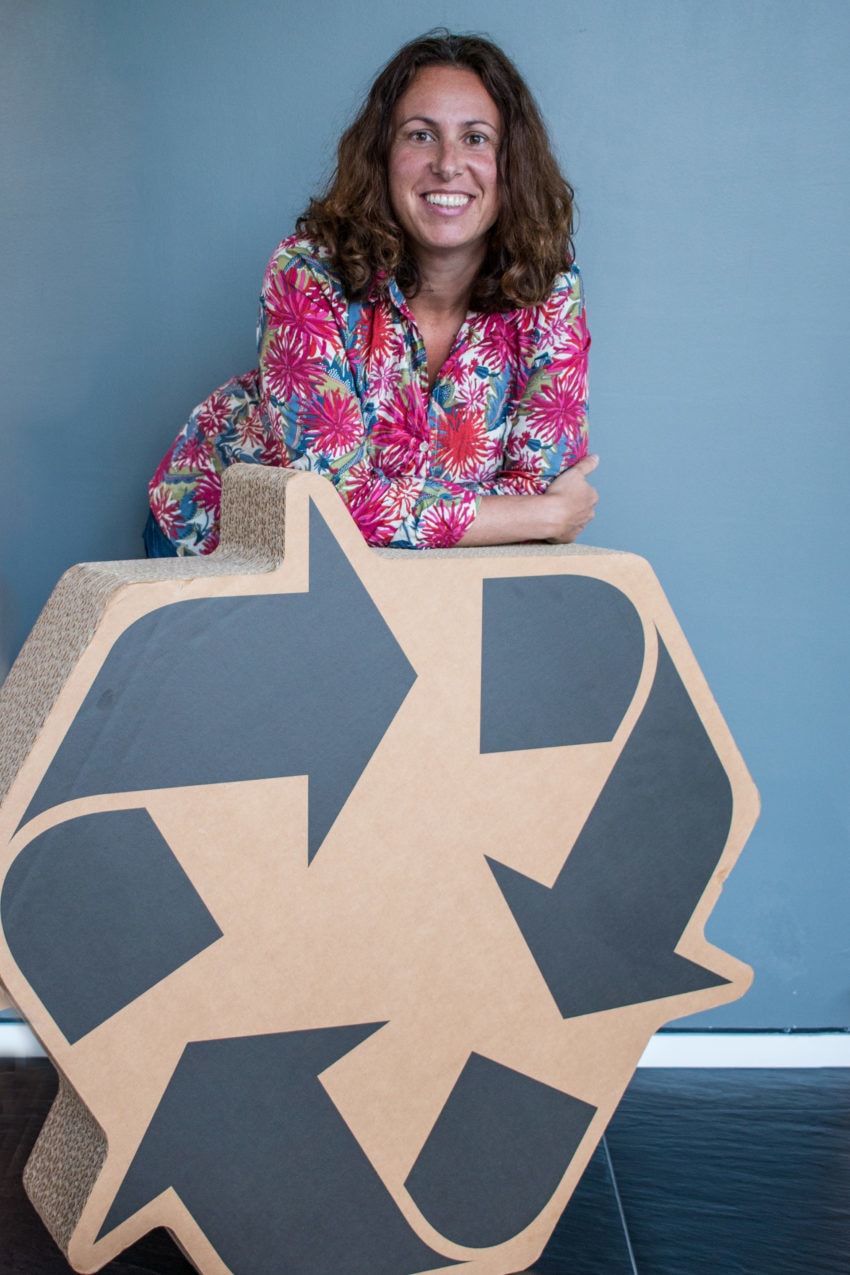
In the Photo: Anna Maria Rugarlia Sustainability & Responsibility Senior Director EMEA for VF Corporation. Photo Credit: VF Corporation.
Are you using renewable energy to power your factories? Is this a concern as well?
AMR: We have a commitment to use only renewable energy by 2025 in our owned and operated facilities. From a carbon reduction perspective, this is going to impact all the factories we own in the world. From a sub-contractors’ perspective, we work with our strategic suppliers to help them become more efficient in the way they manage energy, water and waste at a facility level. We have invested resources into this because we want to take our strategic partners to the next level. One of our partners in Cambodia has set up a facility which is run entirely by solar panels; that is a fantastic practice and it is great to see this is also happening in other countries. If you find the right partner, and they also understand that this is also a way for them to be competitive in today’s market, it is a great way of doing it.
Do you think governments or international organizations should push more towards the direction of sustainability like VF is already doing on its own?
AMR: In the European Union we are very advanced in this respect. There is a large number of initiatives around sustainability, and countries like Germany, the Netherlands, and the UK are really moving well in that direction. At a European Commission level, there is a lot happening which has helped incentivize corporations into taking more steps towards greater sustainability.
I think all companies have the responsibility to do business ethically; however, if you have government pushing them in that direction as well, it is win-win for everybody. This is a great benefit of EU membership and puts us well ahead of many other countries in the world in this respect.
You are also the President of EOCA. Can you tell us more about this organization?
AMR: I have been involved with the European Outdoor Conservation Association (EOCA), for some years now and we developed a program for conserving the environment. We support different programs around the world to make sure we conserve our planet’s innumerable ecosystems. EOCA brings together the majority of the members of the European outdoor industry because we want to make a contribution and make sure they keep the sustainability agenda at an industry level.
EOCA members give a yearly contribution, and we use 100% of these donations to give cash to relevant projects. People, and organizations with an interesting project can apply for funds twice a year. Panels comprising a mix of experts and customers will choose which projects will get funded.
Is there any other specific project you care about and would like to mention?
AMR: It is difficult, because every time I look at the list of the projects we funded, there are some amazing ones. A couple of examples could be: protecting tigers in the Himalayas, saving the orangutans in Indonesia, and helping sea turtles. For nature lovers, these are all relevant. Sometimes projects don’t even involve animals. We also support the maintenance of nature trails; help small organizations provide eco-services to tourists, and much more. It is really a broad range of projects and they all deserve to be supported.


